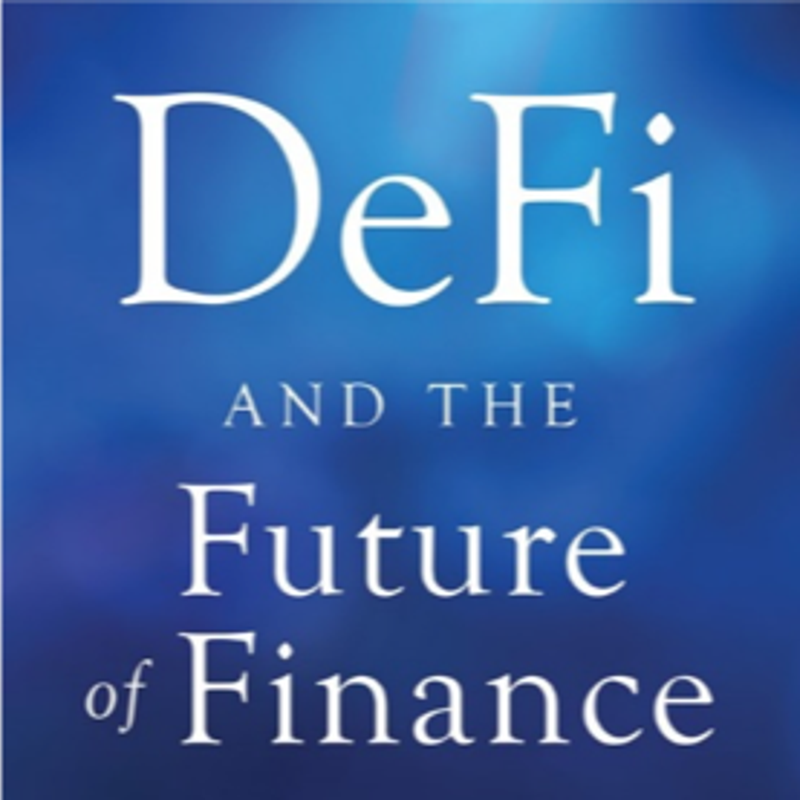Course overview
- Provider
- Coursera
- Course type
- Free online course
- Level
- Mixed
- Deadline
- Flexible
- Duration
- 11 hours
- Certificate
- Paid Certificate Available
- Course author
- Stefano Gatti
Description
Learn how debt and equity can be used to finance infrastructure investments and how investors approach infrastructure investments! According to the OECD, the global infrastructure investment requirement by 2030 for transport, electricity generation, transmission & distribution, and water & telecommunications totals to 71 trillion dollars. This figure represents about 3.5% of the annual World GDP from 2007 to 2030.
The European Commission estimated, that by 2020, Europe will need between 1.5 - 2 trillion Euros in infrastructure investments. Between 2011 and 2020, about 500 billion Euros will be required for the implementation of the Trans-European Transport Network (TEN-T) program, 400 billion Euros for Energy distribution networks and smart grids, 200 billion Euros on Energy transmission networks and storage, and 500 billion Euros for the upgrade and construction of new power plants. An additional 38 - 58 billion Euros and 181 - 268 billion Euros in capital investment will be needed to achieve the targets set by the European Commission for broadband diffusion.
Traditionally investments in infrastructure were financed using public sources. However, severe budget constraints and inefficient management of infrastructure by public entities have led to an increased involvement of private investors in the business.
The course focuses on how private investors approach infrastructure projects from the standpoint of equity, debt, and hybrid instruments.
The course concentrates on the practical aspects of project finance: the most frequently used financial techniques for infrastructure investments. The repeated use of real life examples and case studies will allow students to link the theoretical background to actual business practices.
In the end of the course, students will be capable of analyzing a complex transaction, identifying the key elements of a deal, and suggesting proper solutions for deal structuring from a financial advisor's perspective.
Course Format
T




